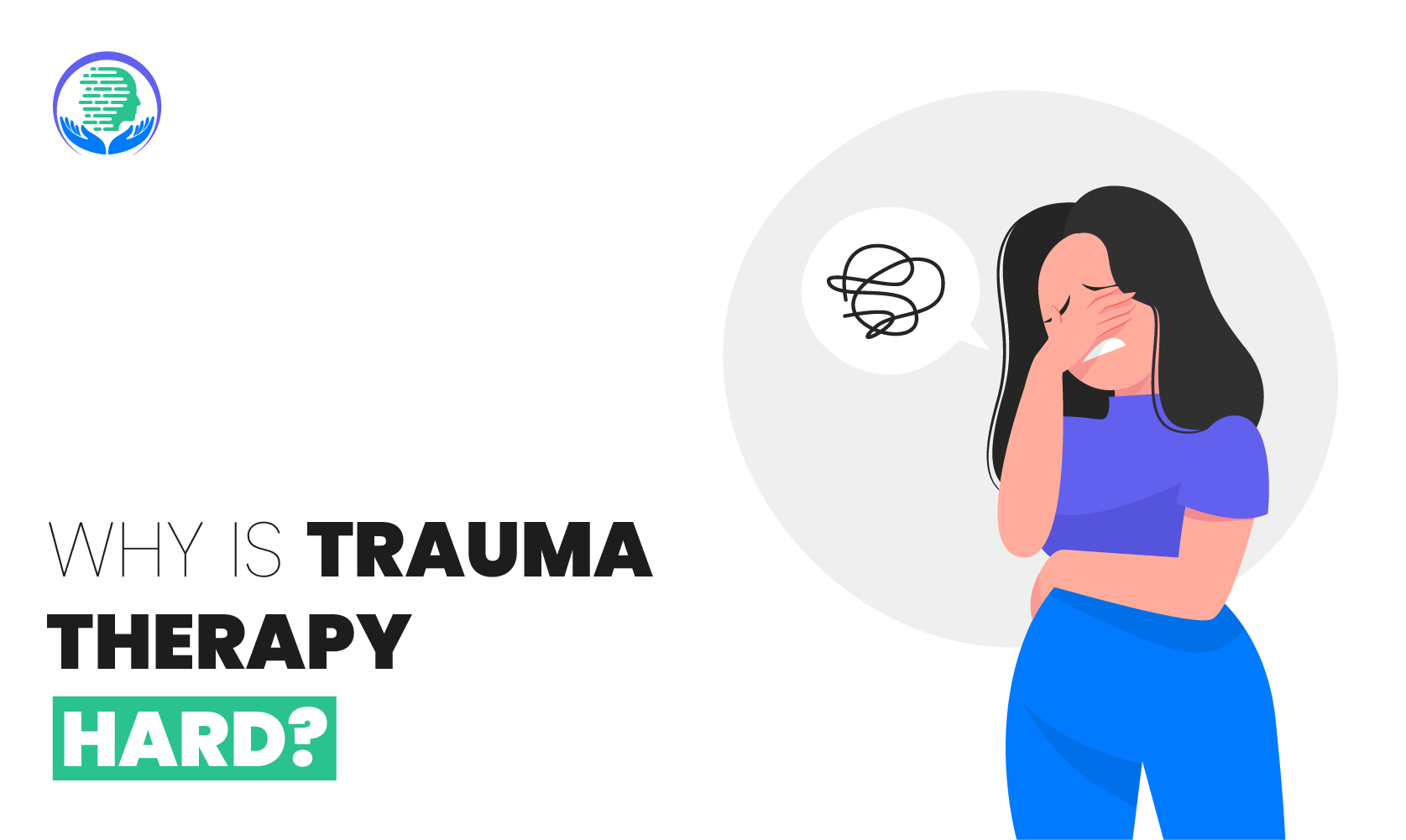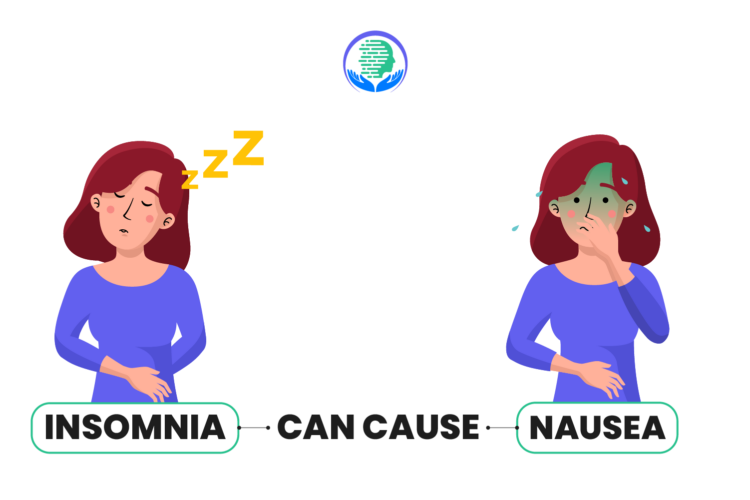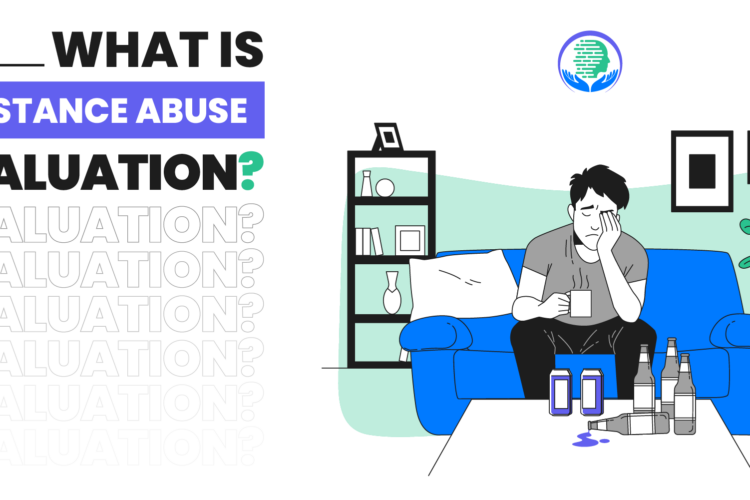
Almost everyone has experienced trauma at some point in their lives, but some people struggle to adjust and require assistance in processing and coping.
Opening up to your therapist and sharing intimate details can be triggering, but why is trauma therapy so hard? There is no appropriate treatment, which exacerbates the trauma.
It may feel that way at times because it brings up the trauma while also assisting you in healing.
At Zion Healthcare Services, you may opt for the best treatment of the trauma.
Trauma and its Effects on Human Health
Emotional trauma is a long-term response to experiencing a traumatic event or series of events as a child or adult. Childhood trauma can cause symptoms in adults.
Emotional trauma can harm your emotional, physical, and mental health. Trauma has a profound impact on the self.
Traumatic events may involve physical violence or verbal abuse.
- Sexuality assault
- Neglect
- Death and grief
- Car accidents
- Racism
- Military combat experience
- Ongoing bullying or fear of harm
- Natural disasters
- Observing a crime or death.
Not everyone who has been traumatized will suffer long-term consequences. People process trauma in different ways. Two people can experience the same traumatic event and react differently to it.
Contact us to learn more about trauma and effective treatment options.
Reasons behind Why Is Trauma Therapy So Hard?
PTSD symptoms are a message from our body. The message indicates that the energetic wound caused by the trauma has not healed.
When we are injured, we must exercise caution, just as we would with a physical wound. There are two primary reasons why trauma is difficult to treat.
-
Cultural Rejection of Trauma
We live in a culture that believes that non-physical injuries don’t “really” occur. Nonetheless, the number of diagnoseable illnesses and health conditions caused by “invisible” stress is steadily increasing.
PTSD serves as a reminder that the world of the invisible exists and is equally important to the visible. Psychological/Energetic injuries are just as painful and dangerous as physical ones.
If you have a paper cut on your finger, you make sure not to use it in any way that will aggravate the wound, right? You may use that finger less than usual, and you are willing to wait a few days until the pain subsides.
-
The hidden nature of traumatic memories
Traumatic situations leave an imprint on our system, and traumatic memories are one of the most bizarre aspects of PTSD.
Some people, particularly those who have been traumatized by a shocking event in adulthood, experience intrusive flashbacks that bring back traumatic memories.
When the trauma occurs in childhood, however, the traumatic memories are all but clear.
The most common reason we struggle to accept trauma as “real” is that we rarely remember what caused it in childhood.
Trauma therapies include theories and techniques for bringing traumatic memories to the surface and releasing them.
The concept of “exiles” is used in IFS (Internal Family Systems), which are child parts of ourselves that have been traumatized and are kept out of consciousness by protectors.
Exiles hold traumatic memories, which can only be accessed when protective parts allow it.
How Long Does Trauma Bonding Last?
It’s worth the time! You’re going to spend it anyway. It takes a few weeks to months to recover from any sort of traumatic event. Consistent effort is required to come out of it.
As per the American Psychological Association, trauma is related to some emotional feedback.
Many people spend hundreds of thousands of dollars and years trying to make themselves feel better.
It is anything else to evade feeling bad while trying to live with unlivable opinions, feelings, and pressure.
They do their best to cope because they would rather feel anything other than pain, fear, and sadness.
Final Words- Trauma Bond Recovery
Why is trauma therapy so hard? Trauma therapy is undeniably difficult, requiring you and your therapist to navigate through treacherous waters.
Recognizing the complexities – from rebuilding trust to addressing avoidance – provides insight into the challenges encountered during this healing journey.
With time, patience, and appropriate support, you can find calmer waters on the other end of trauma therapy, where growth and recovery can begin.
FAQs
Why is trauma so difficult to treat?
Traumatic experiences are personal, and some individuals develop PTSD from circumstances that appear to be “nothing” to society and others.
Can you fix a trauma bond?
yes, it is possible to fix the trauma bond by employing some tricks. that include
- Mindfulness techniques
- Daily exercise
- Yoga
- Use herbal medication
- Seek professional help
When trauma therapy gets hard?
Be patient with yourself. It might be beneficial to develop some self-care rituals around your sessions. Notice how trauma therapy is affecting you and try to tailor your self-care accordingly. If you’re exhausted, set aside some time for a nap or alone time.
What is the worst part of healing from trauma?
Creating a sense of self-worth and identity from scratch allows us to trust ourselves. Considering the truth: Conflicting emotions can prevent us from seeing what is right in front of us. Accepting reality is one of the most difficult aspects of recovering from difficult trauma.
What does healing from trauma look like?
The usual healing and recovery procedure involves the body’s reduction of sensitive arousal. The internal alarms can turn off, the high levels of energy subside, and the body can reset itself to a normal state of balance and equilibrium.


